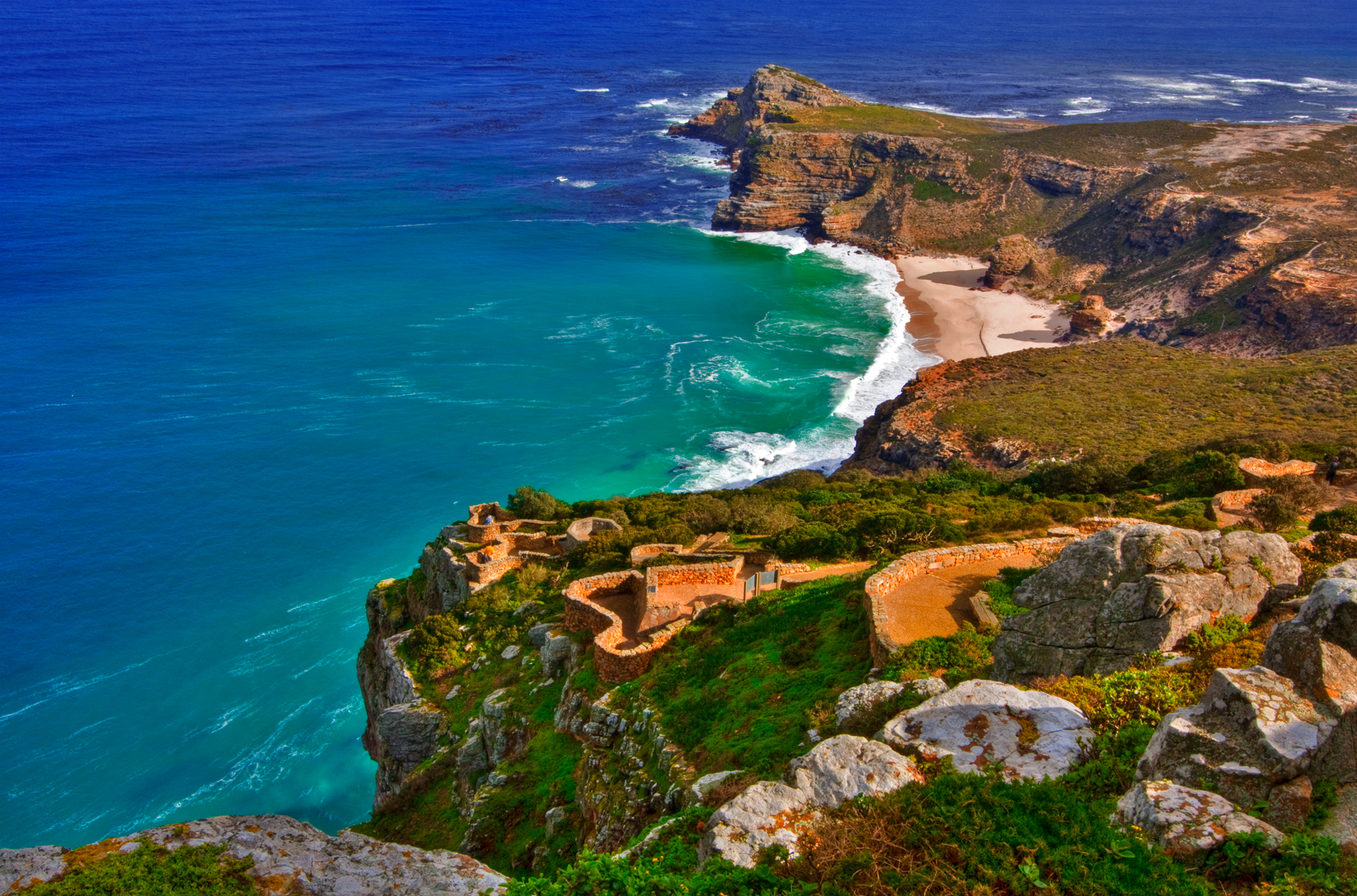The research project was carried out by two research institutions, resulting in the integration of natural sciences (CESAM, at the University of Aveiro) and economics (NOVA School of Business and Economics). Their interdisciplinary approach involved joint work between natural science and social science researchers, thus meaningfully combining knowledge on how marine ecosystems work, with knowledge on how people use those ecosystems.
Research efforts were focused on the marine area between Peniche and Nazaré. The project sought to produce a textbook example of economic valuation of the benefits of marine ecosystems, and of how this knowledge contributes to improve decision-making processes and raise marine environmental awareness.
The lines of research adopted concerned (i) the giant wave off Nazaré; (ii) renewable marine energies (offshore wind and wave energies); (iii) sardine fishery; (iv) crustacean trawling; (v) the relationship between the vulnerability of marine and coastal habitats and the benefits they provide; and (vi) the perceptions of different stakeholders about the ocean’s benefits.
Some of the preliminary results are presented in the first policy brief of the Oceans Initiative.
The research team and the GOI team have been working to ensure that the scientific knowledge generated by the project contributes to better decisions. Several policy briefs are in preparation to inform key stakeholders in a non-specialized language (see Policy Action). These will be useful to decision-makers, NGOs and companies seeking to improve their planning and regulatory decisions at the local, national and EU levels.

